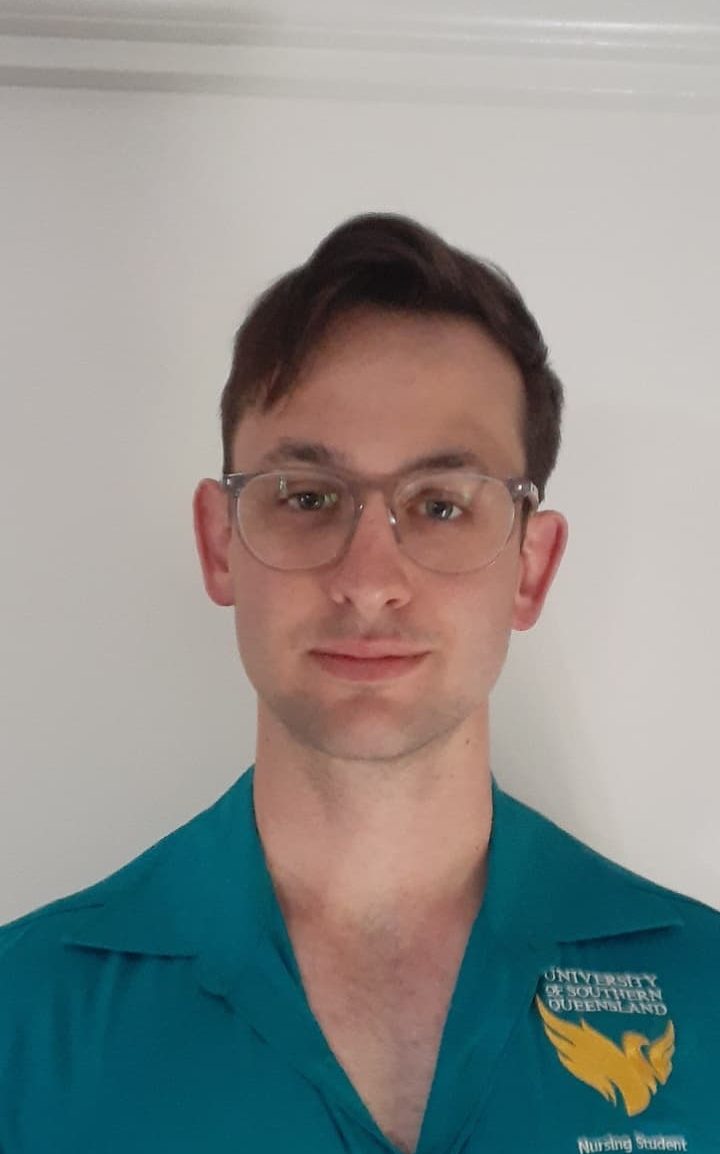A World War II nurse has passed on her passion to her grandson, who now is now aiming for a nursing career with the Royal Flying Doctor Service.
Harrison Mayall, 23, is the same age as his grandmother Betty Dorothy Robinson when she was posted to a military hospital in Driffield, a town in Yorkshire in England.
As planes and bombers would fly in from the coast, Betty cared for wounded soldiers and pilots who were hurt on the battlefield.
"She was such a remarkable woman and told some truly inspiring stories about nursing during the War and the lives she saved," Harrison said.
"Soldiers, pilots, POWs – she treated everyone and everything, including meningitis, TB and other infectious diseases.
"I always dreamed that one day I would do the same."
Betty passed away at 92, but her stories live on through Harrison.
He shared with Nursing Review that he visited her often and listened to how Betty saved people's lives and helped others.
"She said that as she did nursing, it helped her become a better person as well," he said.
"It inspired me to want to become a nurse myself growing up."
Harrison is now in his second year of a Bachelor of Nursing at the University of Southern Queensland and aspires to join the Royal Flying Doctor Service.
He said they share a similar personality as they love working in a high-paced, adventurous environment.
"I'm a bit of an adrenaline junkie," Harrison said.
"With flying doctors, I like that you can travel and fly out to remote areas and help people – it's exciting."
Harrison is excited about his first placement this semester and plans to specialise in working in the emergency department.
For him, it's essential to focus on gaining experience and confidence in the work field, especially as the sector is facing significant staffing shortages and higher workloads.
"I'm just really nervous about the whole thing, I guess," he shared.
"I can imagine how busy you would be, so it would be even busier now with the shortages."
He's also aware that the sector is a female-dominated workplace and that he might encounter the negative influence of gender stereotyping.
Roughly 90 per cent of those working in the sector are female.
"I think that I may be stereotyped as a male nurse going into a female-dominated workplace just because people will be used to women rather than men," he said.
"So I'm also a little worried, but if I do the nursing and the programme right and study pretty much everything about nursing, then I'll go into it confidently."
After finishing his Bachelor's degree, Harrison is weighing up working as a registered nurse to gain some experience or immediately applying for his Masters "while the knowledge is still fresh in his mind".
If he genuinely wants to pursue his dream as a flying doctor, he'll also need midwifery experience.
"If you fly to a remote area where there's no hospital, and someone's giving birth, you need to be prepared for that as well," he said.
"I've never been the studious type, so perhaps hands-on experience works out well for me."
But one thing is clear to Harrison – his grandmother would be proud of him.
"I was pretty young when she passed away and I was quite affected by it, but I had a good connection with her.
"She inspired me so much. To be a better person and help people wherever I can."
Do you have an idea for a story?Email [email protected]
 Nursing Review The latest in heathcare news for nurses
Nursing Review The latest in heathcare news for nurses


